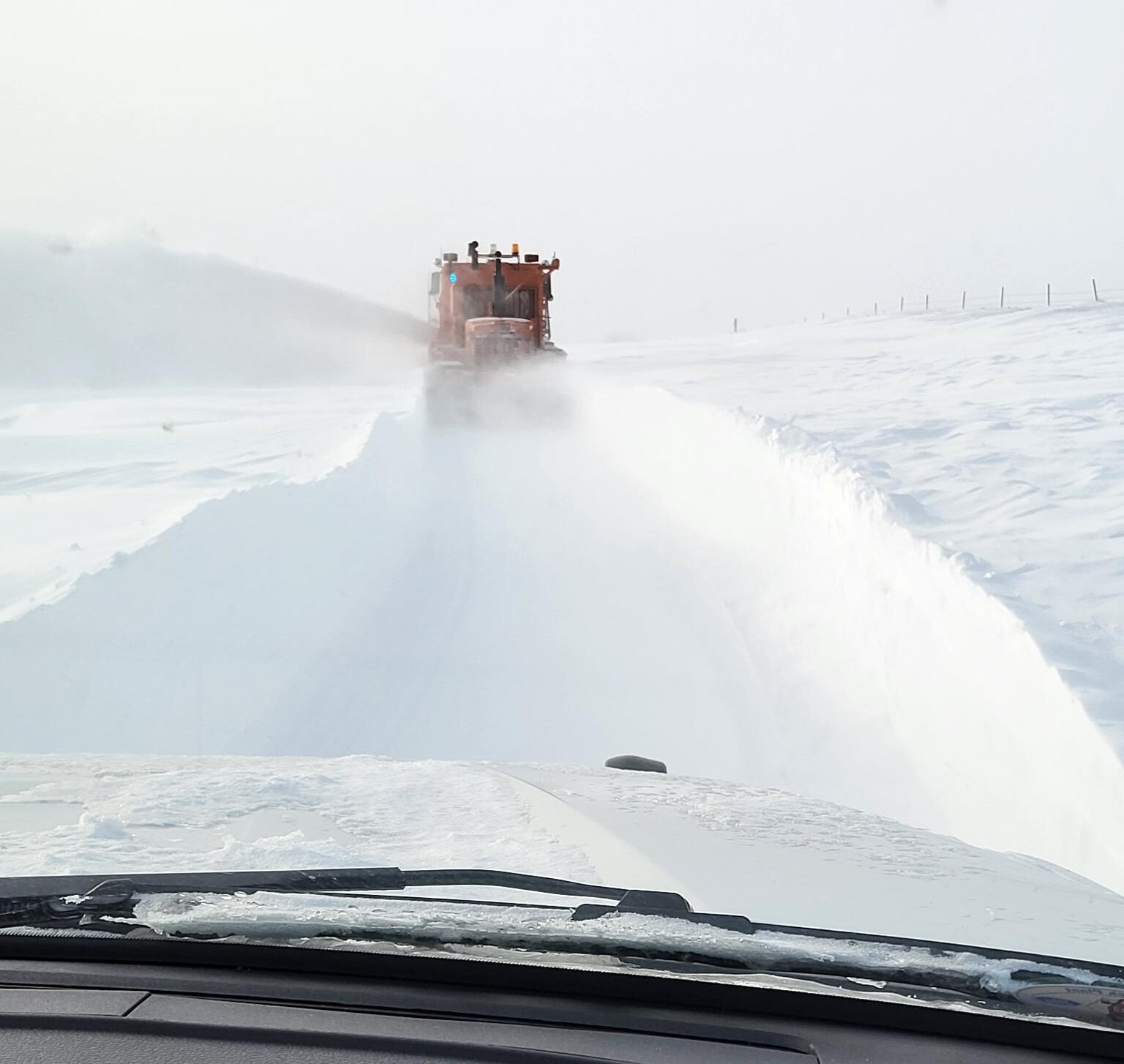
On Sunday, Jan. 14, the Omaha Public Power District posted an email to customers urging us to conserve energy, explaining that “high energy demand” brought about by the cold temperatures was causing this emergency. This plea was followed by a telephone message to customers, presumably to reach those who do not have access to email. Subsequent newspaper reports suggest that outages were avoided, luckily.
I have lived in Nebraska for decades, and experienced far more severe temperatures than those that occurred this past weekend without loss of power. Winter temperature extremes are common and predictable, and higher than usual energy demands are certainly expected. Despite this certainty, OPPD nearly failed to meet that demand.
OPPD’s website states its mission is to “provide affordable, reliable and environmentally sensitive energy services to our customers.” Reliability is not an unreasonable expectation.
To meet Nebraska’s economic growth, OPPD has added hundreds of megawatts of wind and solar power, presumably to meet the exclusive objective of “environmentally sensitive energy.” This push for renewable energy has been in response to concerns about our warming climate, which some believe is a result of the proliferation of fossil-fueled electricity over the past century. The merits of that argument are for a different column, but it cannot be contested that though “environmentally sensitive,” renewables are not reliable. Nationwide data show they are available, on average, less than a third of a day. Load is 24/7.
Climate change is not going to make those numbers any better under any scenario. If the Intergovernmental Panel on Climate Change is to be believed, the temperature extremes experienced earlier this month will become more severe in the future, and it is proven that cold weather is far more deadly than warm weather.
In a 2022 report, the United Nations Economic Council for Europe concluded that “with no exception, every electricity generation technology generates environmental impacts over its life cycle. … Proper energy policy should … take account of environmental impacts of all [technologies and infrastructure] of the total energy system.” These impacts include those resulting from the outages that occur when OPPD’s system fails to meet demands as promised. Incidentally, that same report clearly showed that though much maligned, nuclear power produced fewer carbon emissions than wind or solar power and has the lowest life-cycle impact on human health and the environment.
In 1946, OPPD was incorporated by the Legislature to provide affordable and reliable electricity to eastern Nebraska. It is time to for the OPPD Board to recognize that renewables do not fulfill that promise. Indeed, Nebraska Public Power District has successfully operated a nuclear power plant for decades. Last fall, the Unicameral initiated studies to consider future nuclear power in Nebraska. NPPD was a prominent participant in that effort. Why wasn’t OPPD?
Given NPPD’s obvious success with nuclear, perhaps a financial partnership with its board is worthy of consideration.
“Fighting climate change” is a battle we will not win, ever. But for centuries, humans have adapted to the vagaries of climate. We will survive only if we continue to adapt, and a reliable energy supply is the essential building block to reach that goal.
OPPD dodged a bullet this month. Reliability is mandated by legislative fiat. Pursuit of unreliable future energy supplies that rely solely on climate and weather is reckless and irresponsible.